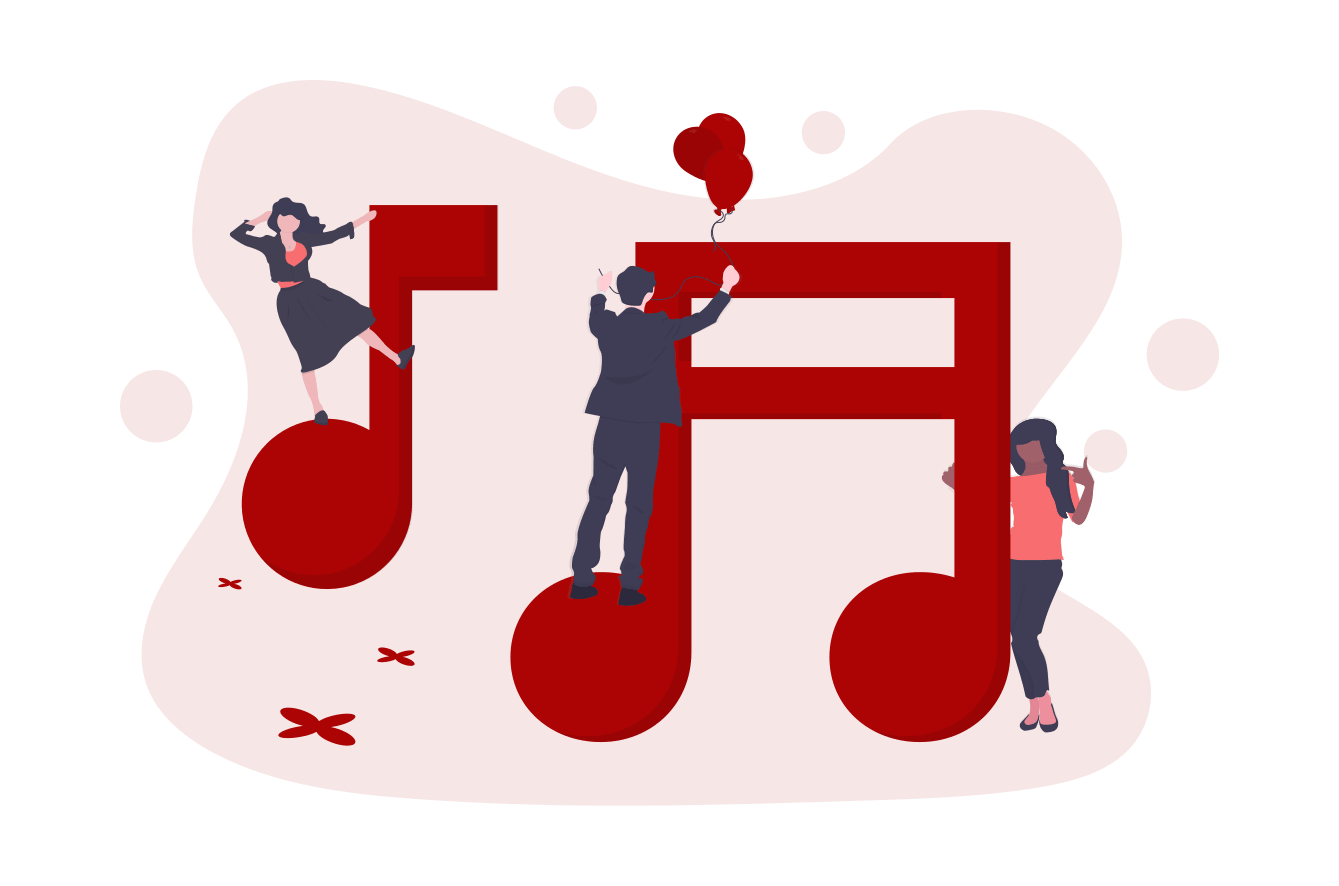What is the imapact of music for offender rehabilitation and wellbeing?

What Works Centre for Wellbeing
The What Works Centre for Wellbeing is an independent research centre that develops and shares robust, accessible and useful evidence so that government, businesses and communities and people can improve wellbeing across the UK.
They have partners across universities, government and national charities. Includes over 15 universities, the UK government and devolved administrations and charities like The Campaign to End Loneliness and The National Lottery.
A recent 2016 review of 20 years’ worth of research found a promising impact of music on offenders and young people. Specifically, they found that listening to relaxing music can alleviate anxiety and anger in prison populations.
Music and singing projects for young offenders are valued by participants and have a positive effect on self-esteem. Participatory music making, singing and particularly performing in public, can support prison inmates’ perceived wellbeing.
Offender background, barriers and rehabilitation
Many prisoners have underlying problems which creates barriers to rehabilitation.
The majority of prisoners come from highly disadvantaged backgrounds. Many are economically deprived or homeless, undereducated or illiterate, chronically underemployed or unemployed, physically and/or mentally unwell and addicted to drugs and/or alcohol.
Prison environments
The experience of offenders in prisons is one of violence, being crowded, depersonalising, dehumanising and noise. The structure of modern prison relies on deprivation of freedom and autonomy.
Continuous and demeaning experiences can test tolerance to pain, self-confidence, mental resilience, alertness and social intelligence.
For these reasons a number of studies have identified higher levels of mental and emotional distress among prison populations compared to the general population. These include: low self-esteem, depression, fear, anxiety, anger, uncertainty, and hopelessness regarding their own self and future.
Music as empowerment
Art and music-based activities, such as improvisation, allow prisoners to express themselves freely rather than follow strict rules, which can generate a sense of autonomy and responsibility and therefore allow for personal growth and development.
The positive impact of playing music on the welfare, mental and emotional state of various non-incarcerated populations such as clinical and elderly populations has been well established, however the effects of playing music in secure settings on prisoners’ quality of life has been rarely studied.
Quantitative research studies
Below is a selection of research studies and literature reviews and synthesizes on the effectiveness of musical therapy on offenders
Self-esteem and social functioning
A meta-review of 5 studies found thar music therapy was effective in increasing offender’s self-esteem and social functioning which is an important factor for offender’s mental health.
Therapy length
The same review above found that studies with more than 20 music sessions had larger effects than studies with fewer than 2 sessions. This difference was statistically significant, that is the statistics were higher enough that the result could not be down to random chance.
More effective than art
A 2010 study examined the effect of group guitar music and art sculpturing on young offenders in a custodial setting. After 3 months it was found that music had increased self-esteem and their emotional score.
Cultural relevance
One study from America recognised that musical therapy with young people often fails if the activity is not perceived as relevant. They compared traditional activities with 21 young offenders and found a preference for “rap therapy” over traditional prison activities.
Qualitative research studies
A 2012 systematic review identified 6 common themes from several qualitative studies on music and offenders.
Identity
Music can provide an opportunity to develop a positive pro-social identity away from the negative barriers identified in prison. They can provide a brief liberation from the highly structured environment in prisons.
Empowerment
Linked to the theme of identity is empowerment. The act of individuals creating and co-creating music gives agency and empowerment.
The role of rap music and hip-hop culture
Several studies noted that rap and hip-hip music have the potential for change by reducing social alienation. The genre acknowledges young people’s backgrounds, interests and respects “their” music.
Cultural relevance
Young people value cultural relevance. Some studies found that young people ignored or did not participate in musical activities that did not fit their cultural background.
Expression
Music can be used both as a valuable avenue of emotional release and as a way to cope with difficult feelings.
Sustainability and resources
Concerns by study authors and offender were raised about the short-term nature of musical therapy projects and the frustration and disappointment of some young people when projects ended.




